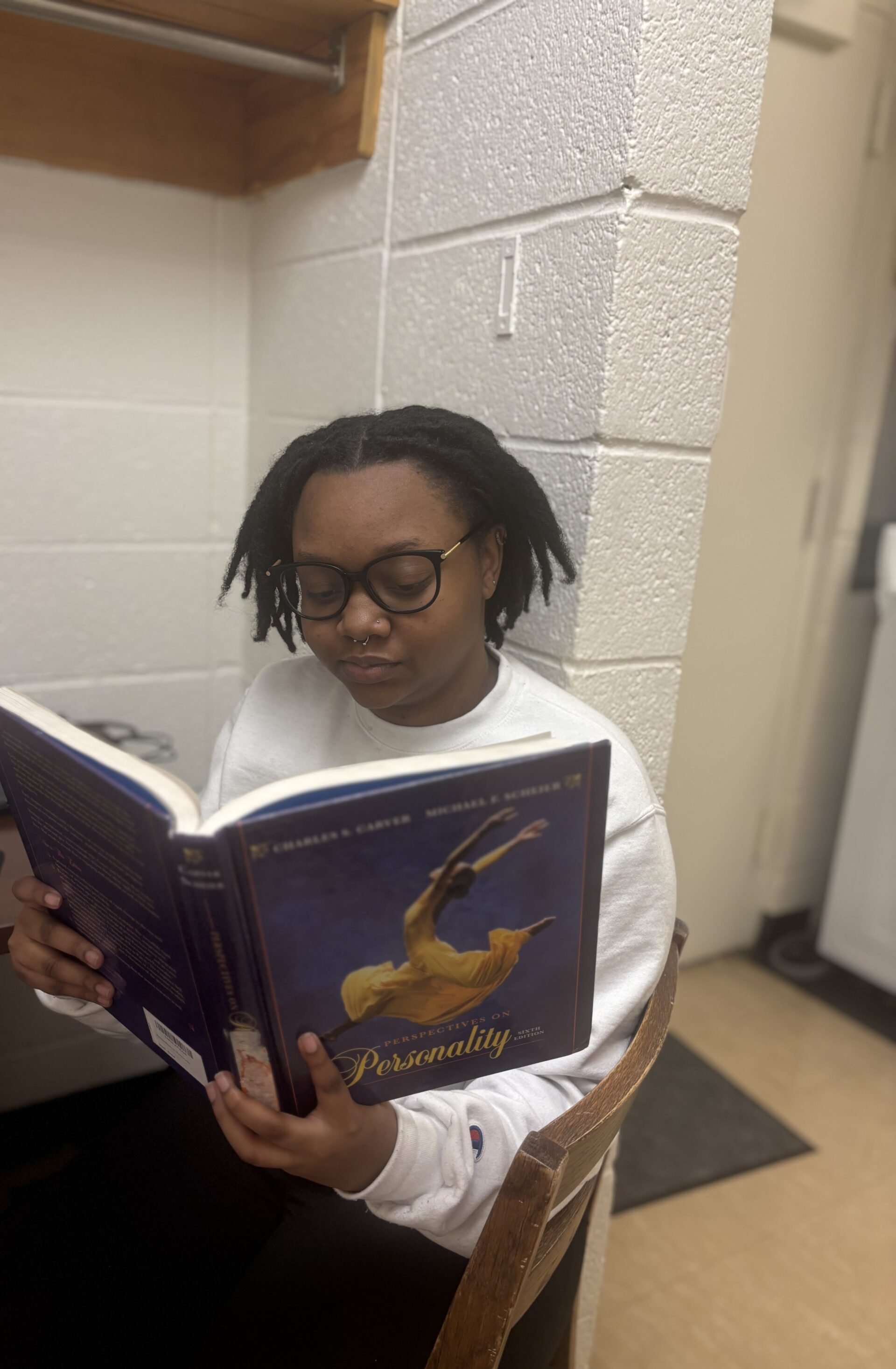For many, choosing a college major feels like a huge decision, often linked to picking a life path—especially in the final year of high school. For some, it’s an easy choice, a dream they’ve been working toward. For others, it’s overwhelming. As for me, my journey to becoming a double major wasn’t the easiest, but it wasn’t the hardest either. It all began with two key questions: “What do I want to be when I grow up?” and “What are my passions?” Let me walk you through how I got here.
I remember wanting to be a veterinarian in elementary school because I loved animals and wanted a job that kept me around them. I stopped pursuing that dream when I realized I’d also have to be there when animals suffered or passed away, which I couldn’t handle emotionally. Later, in middle school, I thought about becoming a lawyer because I was opinionated and passionate about defending my side in debates. But as I got older, I realized the stressful nature of law and the competitive environment wouldn’t be a good fit for me, as it could take a toll on my mental health. The last career I considered before choosing my field in school was philosophy. I loved the discussions in my philosophy classes, but something about it didn’t feel quite right. I then discovered psychology and, after researching more about it, I decided that was the path I wanted to pursue.
I wanted to share my experience of constantly switching career interests because I know some people get so focused on a path without considering how it truly fits them or how it might affect their life. For me, thinking about the impact each field would have on me and what I’d have to do daily helped me narrow down my options. But for others, the challenge is having too many interests and not knowing where to focus. I’ve seen this be solved by combining passions in a way that creates a fulfilling life. For example, a friend of mine majors in both brain and cognitive science and dance, and she wants to research which parts of the brain are activated while watching interpretive dance. There’s always room to follow your passions and have a successful career, even if it means engaging with local communities that share those interests.
After deciding to pursue psychology, I looked into my high school’s offerings and found a Psychology 101 class at Hunter College to see if I’d enjoy the subject. After taking the class, I knew for sure I wanted to pursue this field, so I took AP Psychology in my senior year. Testing out my interest helped solidify my choice, confirming it wasn’t just a phase. During this time, I also became interested in American Sign Language (ASL), particularly in exploring the cognitive benefits of teaching children ASL at a young age. I joined an ASL club at my high school, led by someone who majored in ASL in college, which gave me insight into the language and deaf culture. After that, I decided to double major in Psychology and ASL.
At the University of Rochester, the ASL classes felt like a close-knit community, with only about 16 students per class. The professors are deaf themselves, which really immerses you in the language and culture. One experience that further reinforced my decision was taking a class called “Animal Minds” in psychology. I learned about how different animals think and interact, such as how hyenas have a voting system where a vote is based on a sneeze to decide to move to a new location, with higher-ranking members having more influence. The combination of ASL and Psychology classes here has been incredible, and the Cluster system, which lets you take classes outside your major, has given me the chance to explore other interests as well. Since I’m double majoring, I used the Cluster system to dive into music cognition for my natural science cluster, which is another passion of mine. I now know the basic elements of what make up music and that was pretty cool to learn about.
Learn more about the cluster system and how it can be beneficial to your academic and career path.
My journey at the University of Rochester has given me the freedom to explore different fields and discover new career possibilities, all thanks to the flexible curriculum.

